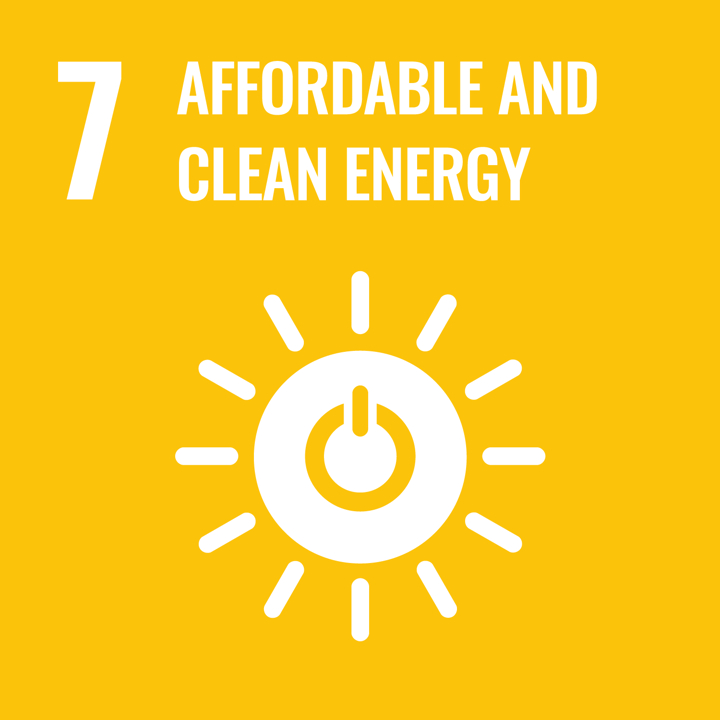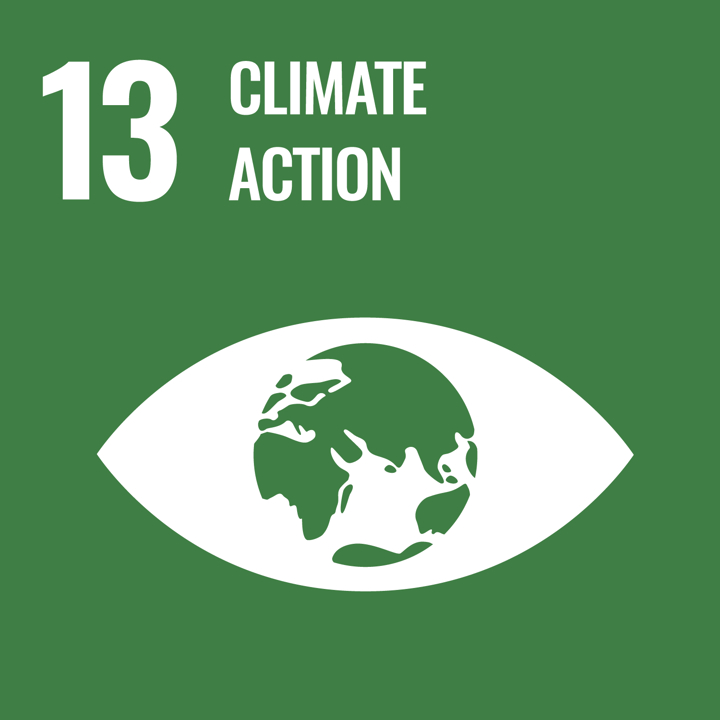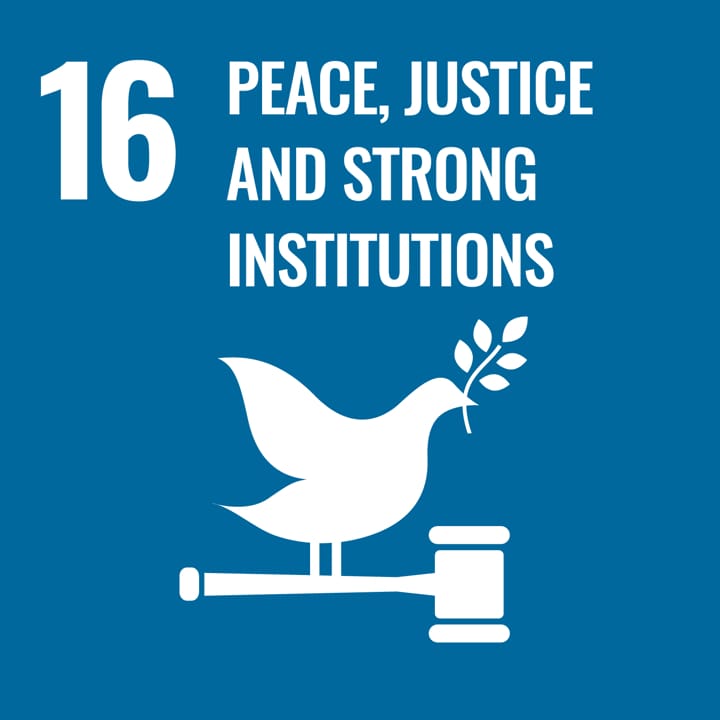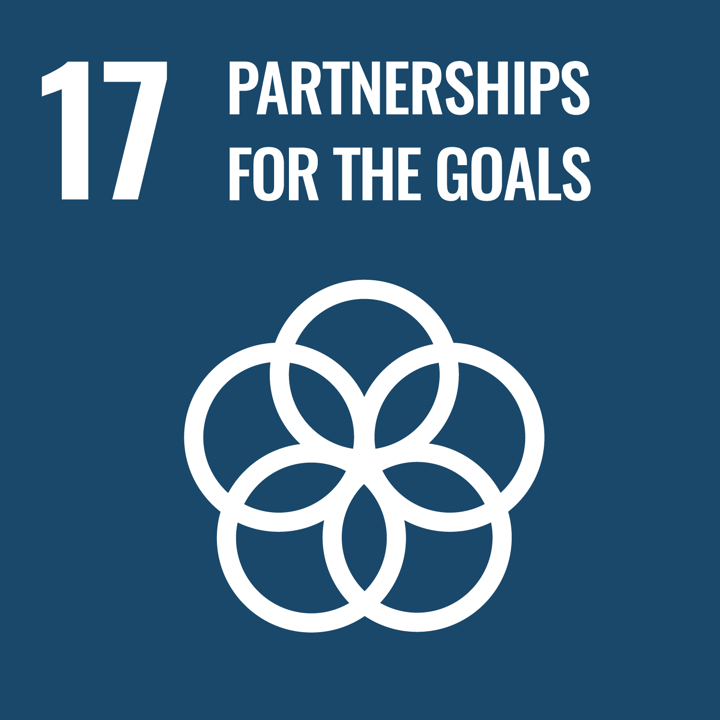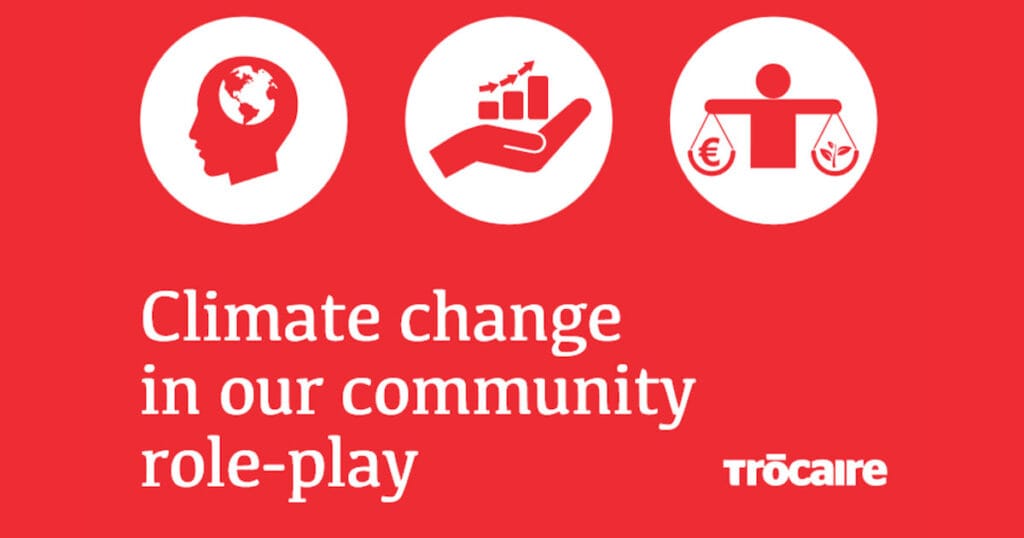
Intended End User: Teacher, Teacher Educator
Age Group: Lower Secondary; Upper Secondary
School Curriculum: Science; Social, Physical & Health Education; Social & Environment Science; Languages; Arts
Themes and Topics: Collective Action; Environmental Change; Power & Influence; Citizenship; Pedagogy Approaches
Duration: Minimum: ~1 hour
Recommended: ~90 minutes
Extended version (including deep discussion & follow-ups): ~2 hours.
Type of Resource: Guidelines & Notes, Lesson Plans, Workshop
Keywords: Climate Justice, Collective Action, Sustainable Decision-Making, Critical Thinking, (Classroom Discussion Tools)
Languages: English, German
Description
This educational resource introduces role-playing as an interactive teaching method to engage students in sustainability and climate change discussions. It consists of a compact methodological guide and a ready-to-use classroom activity that allows students to explore real-world dilemmas related to environmental and economic decision-making.
The method guide outlines the theoretical background of role-playing, its pedagogical benefits, and step-by-step implementation for educators. It highlights how role-plays foster critical thinking, social awareness, and problem-solving skills, making learning more engaging and experiential.
The teaching unit, “Creating Futures – Lesson 8”, presents a climate change role-play scenario where students debate whether to extract or leave newly discovered oil beneath their community. They take on different stakeholder roles—including government officials, climate experts, oil companies, and local residents—to analyze the economic, environmental, and social impacts of fossil fuel extraction.
Throughout the lesson, students engage in decision-making exercises, group discussions, and reflective analysis. The activity encourages collaborative problem-solving, helping students develop a deeper understanding of the complexities behind climate policies, sustainability challenges, and collective action.
This resource is particularly relevant for subjects such as Science, Social Studies, Environmental Science, Business, and Languages. It applies student-centered approaches, empowering students to explore real-world sustainability issues through role-play and debate.
By placing students in active roles, this resource develops their civic engagement and sustainability citizenship skills, preparing them to make informed, responsible decisions for the future.
How to use this resource
This resource includes a role-playing guide and a pre-designed classroom activity to explore climate change and decision-making.
- Read the Method Guide (English or German)
- Learn how role-play fosters critical thinking and problem-solving.
- Follow step-by-step instructions for structuring and facilitating role-plays.
- Implement the Classroom Activity
- Preparation: Print role cards and introduce the oil extraction dilemma.
- Role Discussion (20-30 min): Students develop arguments from different stakeholder perspectives.
- Debate & Decision (25-35 min): Groups present views in a stakeholder meeting and vote.
- Reflection (15-25 min): Discuss climate justice, power dynamics, and sustainability.
The resources
Role Play (English) PDF:
Role Play (German) PDF:
Learning Outcomes (Teachers)
- Elicit prior knowledge and further develop knowledge and comprehension of key Sustainability Citizenship key concepts, challenging established worldviews and values.
- Apply a range of suitable tools and frameworks to promote student Sustainability Citizenship
- Reflect on practice and examine national curricula to identify opportunities to promote Sustainability Citizenship in interdisciplinary ways and engage with external stakeholders.
- Collaboratively synthesise the knowledge, tools and frameworks to create educational materials and lessons plans adapted to their own local context
- Through workshop activities and communities of practice, build capacity and agency as Sustainability Citizenship educators and leaders.
Green Competencies
- Embodying Sustainable Values: Valuing Sustainability; Supporting Fairness
- Embracing Complexity in Sustainability: Systems Thinking; Critical Thinking; Problem Framing
- Envisioning Sustainable Futures: Futures Literacy; Adaptability; Exploratory Thinking
- Acting for Sustainability: Collective Action
Creative Commons
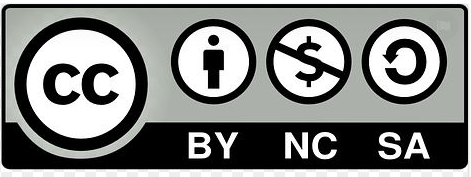
This resource “Lesson 8” is entirely made by trocaire.org.
The original resource can be found here.
This adaptation by Cathérine Conradty of Universität of Bayreuth (UBT) for SYNAPSES academies is licensed under the Creative Commons Attribution 4.0 International License (CC BY 4.0). This attribution does not imply endorsement by the original licensor..
SDGs

